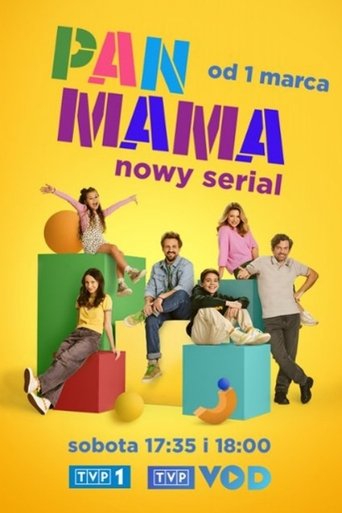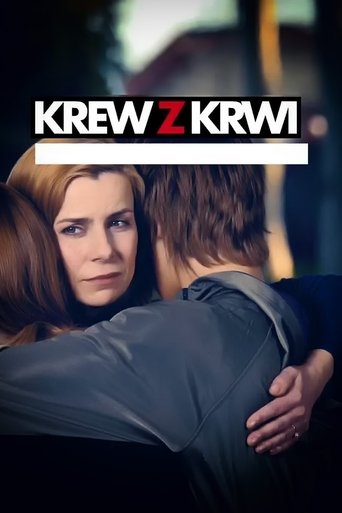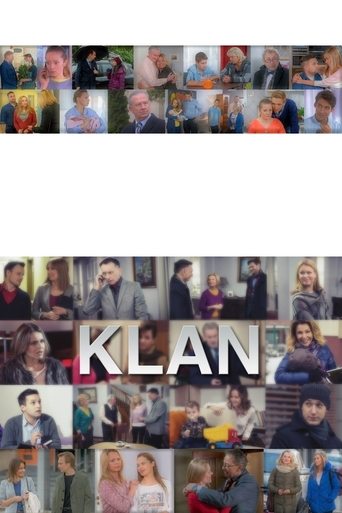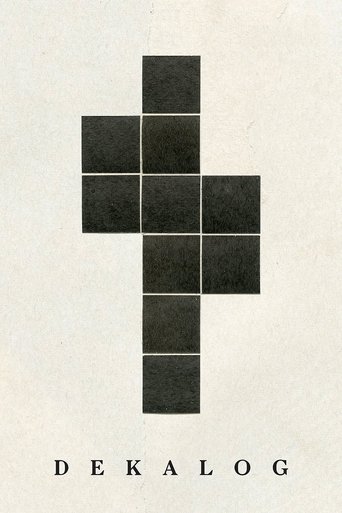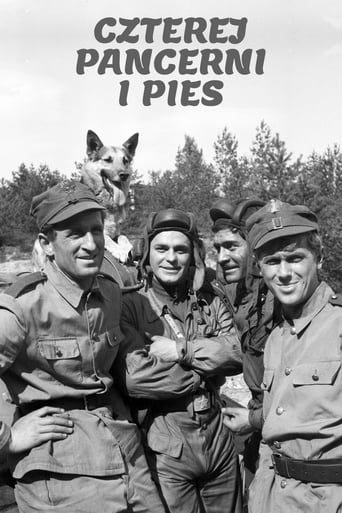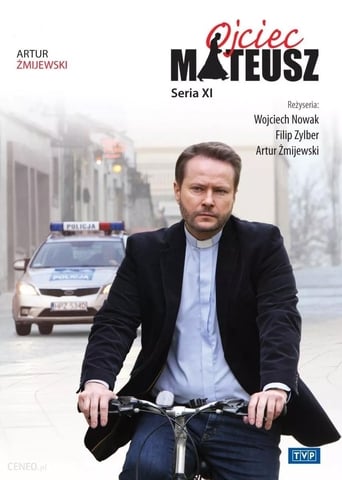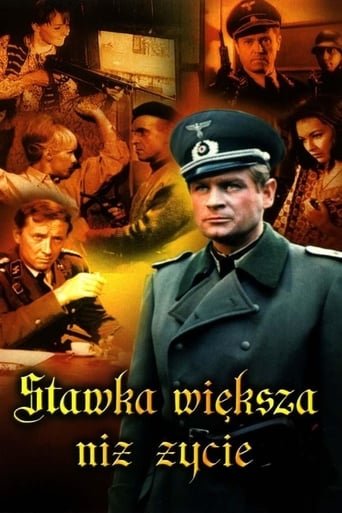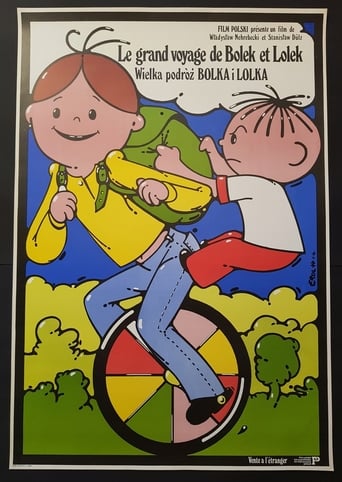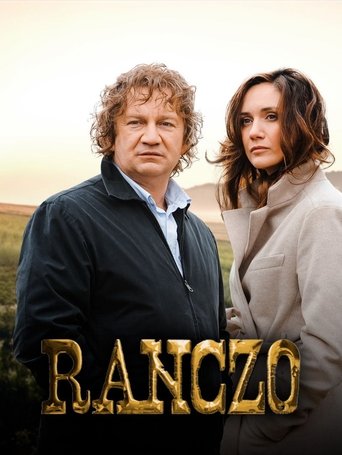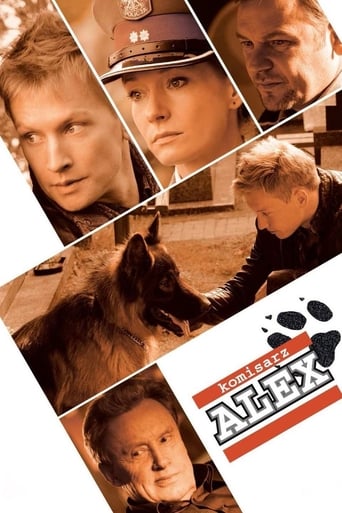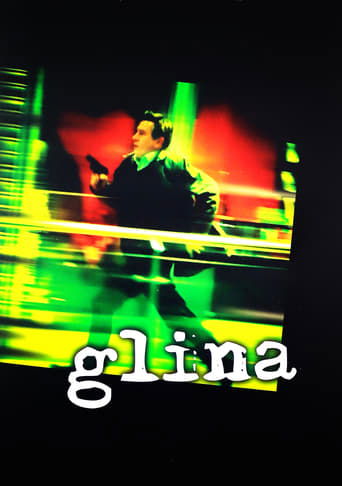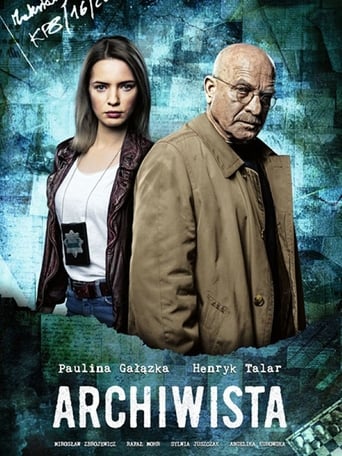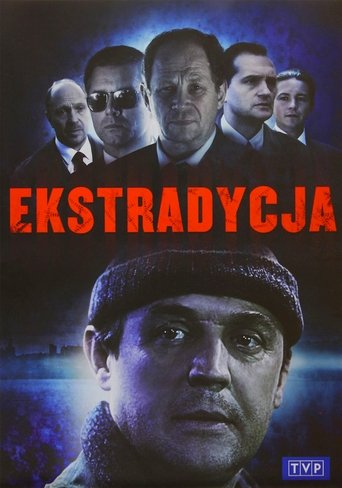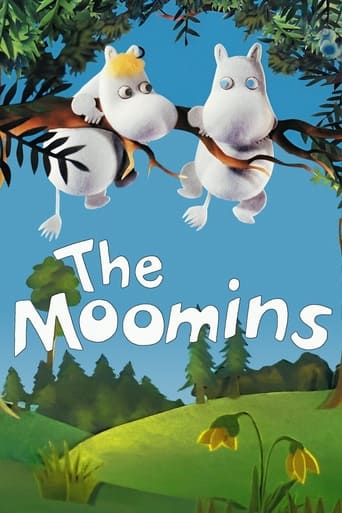TVP1
Blood for Blood 2012
Klan 1997
Family is the most important thing, and the children of Władysław and Maria Lubicz from Warsaw can always count on each other, no matter what surprises life offers.
Dekalog 1989
Originally made for Polish television, “The Decalogue” focuses on the residents of a housing complex in late-Communist Poland, whose lives become subtly intertwined as they face emotional dilemmas that are at once deeply personal and universally human. Its ten hour-long films, drawing from the Ten Commandments for thematic inspiration and an overarching structure, grapple deftly with complex moral and existential questions concerning life, death, love, hate, truth, and the passage of time.
Four Tank-Men and a Dog 1966
Czterej pancerni i pies was a Polish black and white TV series based on the book by Janusz Przymanowski. Made between 1966 and 1970, the series is composed of 21 episodes of 55 minutes each, divided into three seasons. It is set in 1944 and 1945, during World War II, and follows the adventures of a tank crew and their T-34 tank in the 1st Polish Army. Although both the book and the TV series contain elements of pro-Soviet propaganda, they have achieved and retain a cult series status in Poland, Soviet Union and other Eastern Bloc countries. The T-34 tank Rudy with the identifying number "102", a German Shepherd dog from Siberia Szarik and to a lesser extent the crew Jan Kos, Gustaw Jeleń, Grigorij Saakaszwili, Tomasz Czereśniak, and their commander and mentor Olgierd Jarosz, as well as other heroes of the series, have become icons in Polish popular culture.
Ojciec Mateusz 2008
Leśniczówka 2018
More Than Life At Stake 1968
Stawka większa niż życie is a series about the adventures of a Polish secret agent, Hans Kloss, who acts as a double agent in the Abwehr during Second World War in occupied Poland.
Bolek and Lolek 1963
Bolek and Lolek are two Polish cartoon characters from the TV animated series by the same title. They are based on Władysław Nehrebecki's sons, named Jan and Roman, and were partially created by German-born Alfred Ledwig before being developed by Władysław Nehrebecki and Leszek Lorek. The series is about two young brothers and their fun and sometimes silly adventures which often involve spending a lot of time outdoors. They first appeared in an animated film in 1963. The names of the two characters are diminutives of Bolesław and Karol. In English, the cartoon was distributed as Jym & Jam and Bennie and Lennie. Some episodes were seen as part of Nickelodeon's Pinwheel. In 1973 the creators of the film placed on the request from the female viewing audience a girl character by the name of Tola. The first time she appeared in occurred in the episode entitled "Tola". In total, Tola appeared in 30 episodes. Most episodes do not have dialogues. Exceptions are feature-length films and the series from the 1980s, where the main characters' voices were done by: Bolek – Ewa Złotowska, Ilona Kuśmierska; Lolek – Danuta Mancewicz, Danuta Przesmycka. During the period of the Peoples Republic of Poland, Bolek and Lolek were reproduced in a large quantity of toys: action figures, movies, postcards, online arcades, puzzles, etc., which can be seen in the Museum of Dobranocki of the PRL. They are also currently made in computer programs, coloring books, general picture books and games.
Galeria 2012
The Crown of the Kings 2018
Piasts' reign is coming to end on Casimir the Great, who have no sons. Polish throne comes to Anjous. Thanks to the marriage of Saint Jadwiga of Poland with Lithuanian Grand Duke Jogaila, an alliance is made and a new dynasty - Jagiellons, who rule Poland for next two hundred years
Ranczo 2006
Ranczo ["Ranch"] is a Polish television comedy series, directed by Wojciech Adamczyk, that has aired since March 2006 on TVP1. It follows the story of Lucy Wilska, a Polish-American who has inherited her grandmother's country home in the fictional small town of Wilkowyje. She arrives in Wilkowyje intent on selling the cottage but, after seeing the charm of the village, decides to stay.
Na sygnale 2014
Profilerka 2024
Komisarz Alex 2012
Glina 2004
A tough, stubborn and devoid of illusions cop in a story of love, hatred, death and human emotions, so strong that they push people to crime.
Archiwista 2020
Gra z Cieniem 2024
Ekstradycja 1995
The Moomins 1978
A stop motion animated children's television series based on Tove Jansson's book series.
